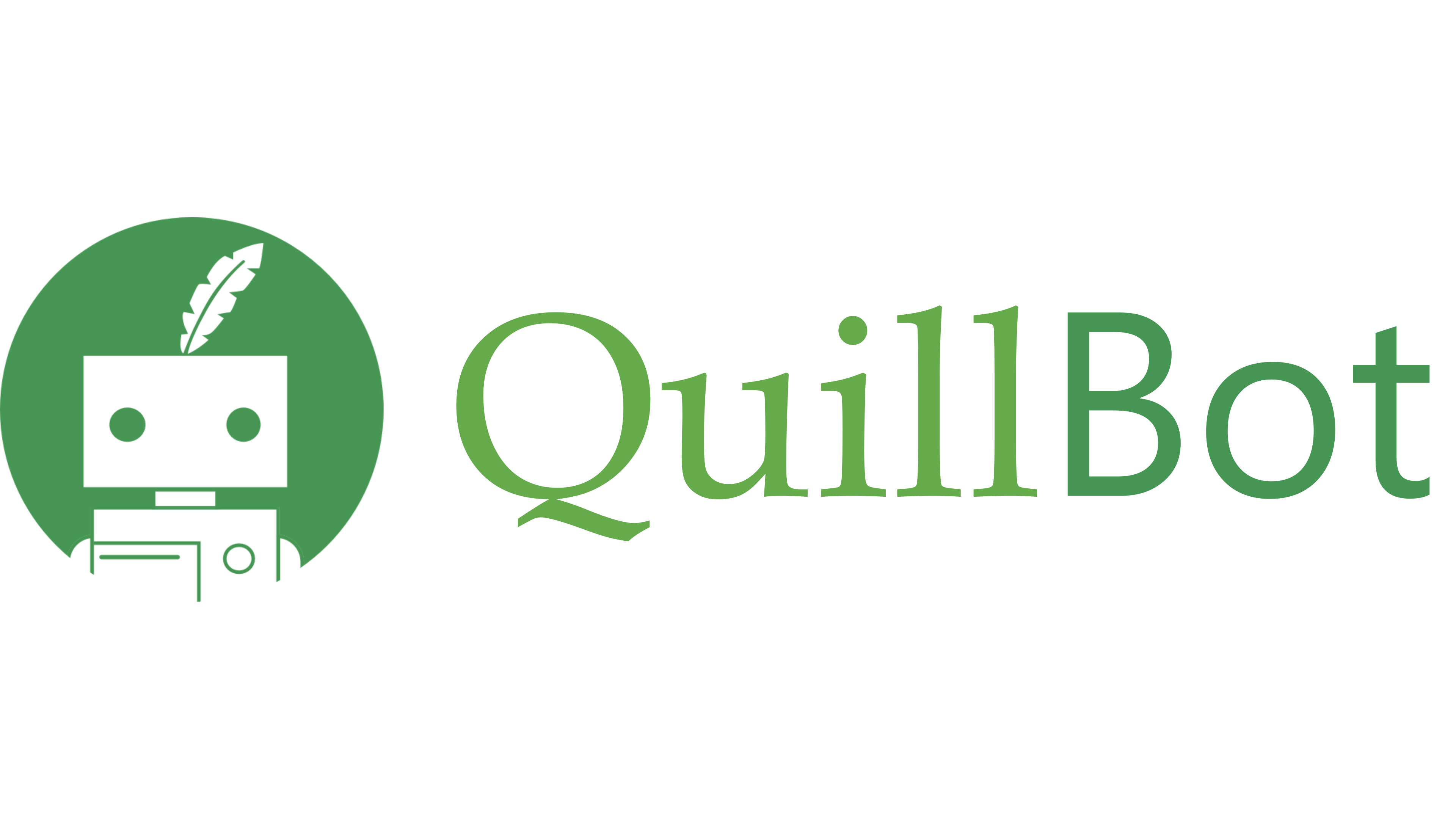ANALYSIS OF PATIENT KNOWLEDGE LEVELS IN SELF-MEDICATION FOR DIARRHEA USING ARTIFICIAL INTELLIGENCE (AI) IN PHARMACIES IN THE SOUTH DENPASAR REGION
DOI:
https://doi.org/10.24843/JPSA.2025.v07.i01.p03Keywords:
Artificial Intelligence (AI), Diarrhea, Knowledge, Pharmacy, Self-MedicationAbstract
Background: Diarrhea remains a significant public health issue in Indonesia, often prompting self-medication managing minor ailments without medical consultation. With advances in digital health, Artificial Intelligence (AI) offers decision support for symptom assessment and treatment guidance. However, the extent of patient understanding and use of AI in self-medication remains unclear. Objective: To evaluate patient knowledge regarding AI's role in self-medication for diarrhea in pharmacies in South Denpasar and to assess whether patients actively use AI-powered applications or simply acknowledge their potential. Methods: A cross-sectional study was conducted among 160 purposively selected respondents. Data were collected via structured questionnaires and analyzed using chi-squared tests. The questionnaire included items on knowledge and experience with AI-based health tools. Results: Most respondents were aged 17–44 (91.3%), male (50.6%), had higher education (69.4%), and worked in the private sector (85.6%). A total of 87.5% showed high self-medication knowledge, and 98.1% reported using AI-based applications. Significant associations were found between education and knowledge (p=0.002) and between occupation and knowledge (p=0.001). Conclusion: Education and employment significantly influence self-medication knowledge enhanced by AI. These findings highlight the increasing role of AI in healthcare and the need for structured patient education to support informed AI use.
Keywords: Artificial Intelligence (AI); Diarrhea; Knowledge; Pharmacy; Self-Medication.



 HOME
HOME















